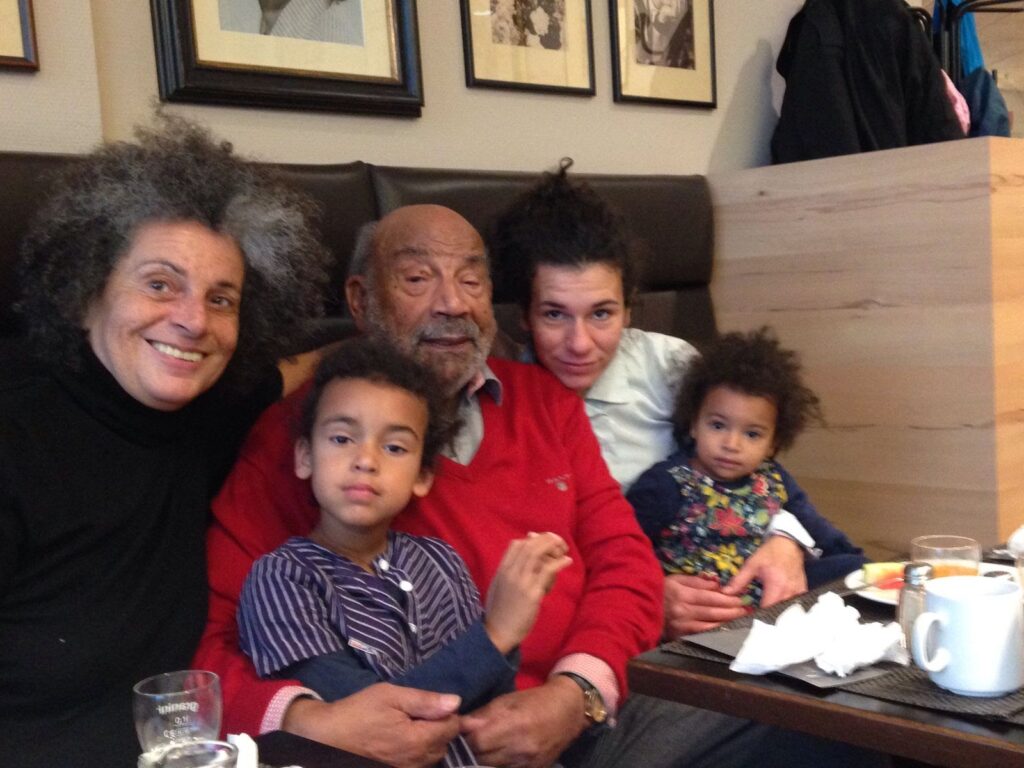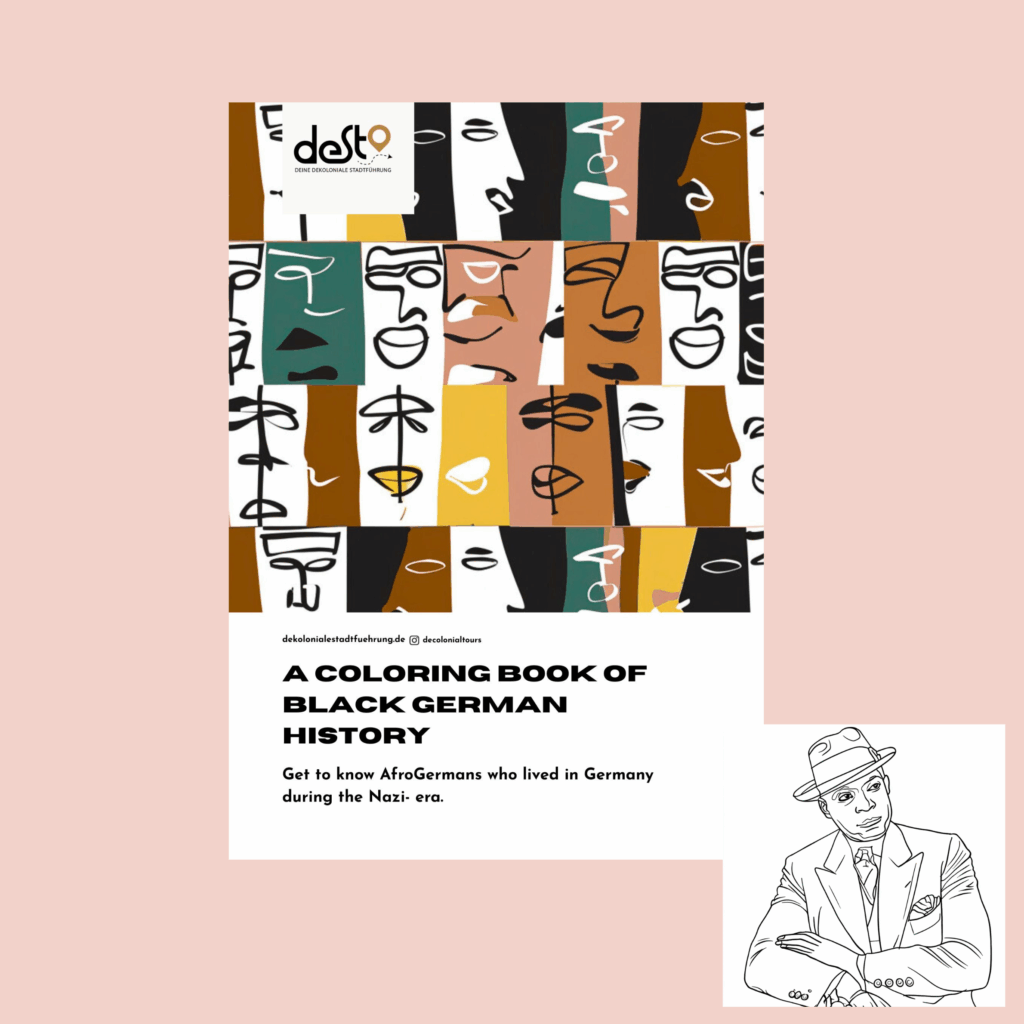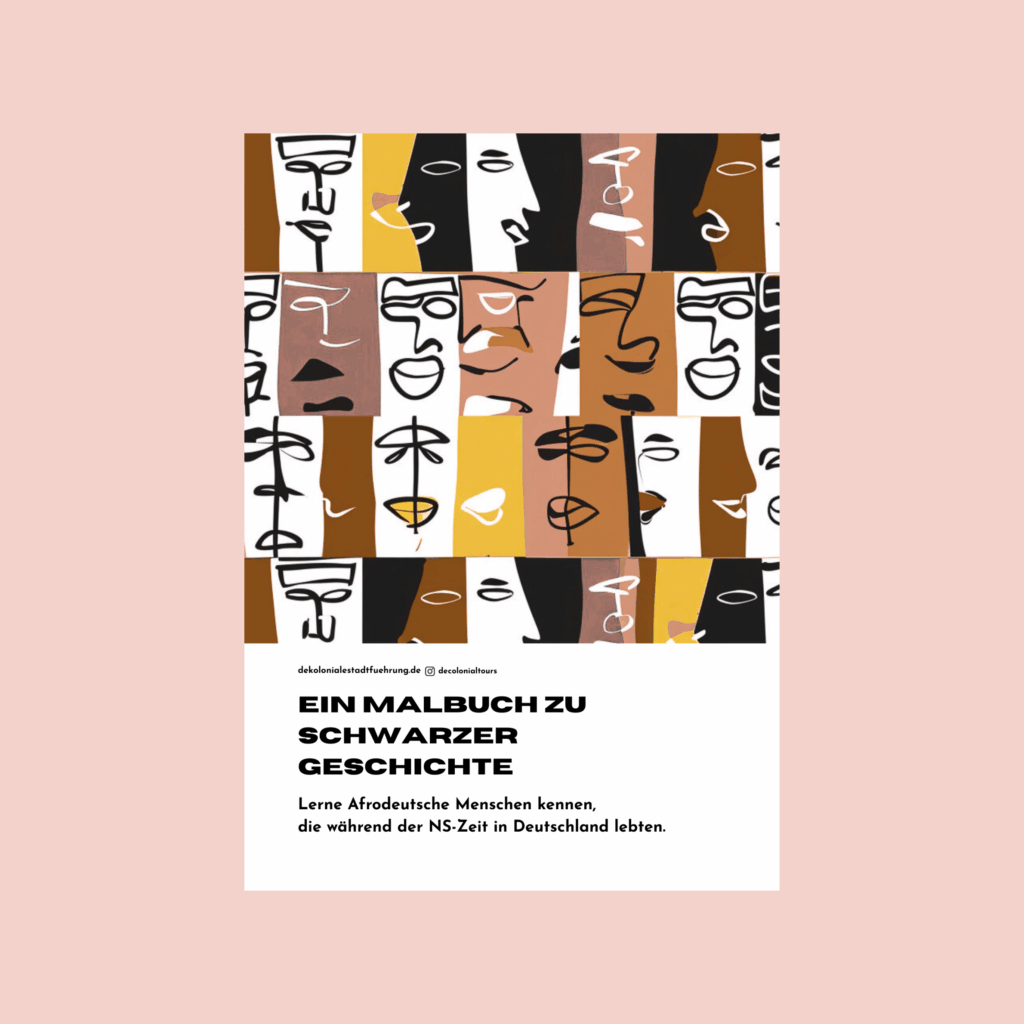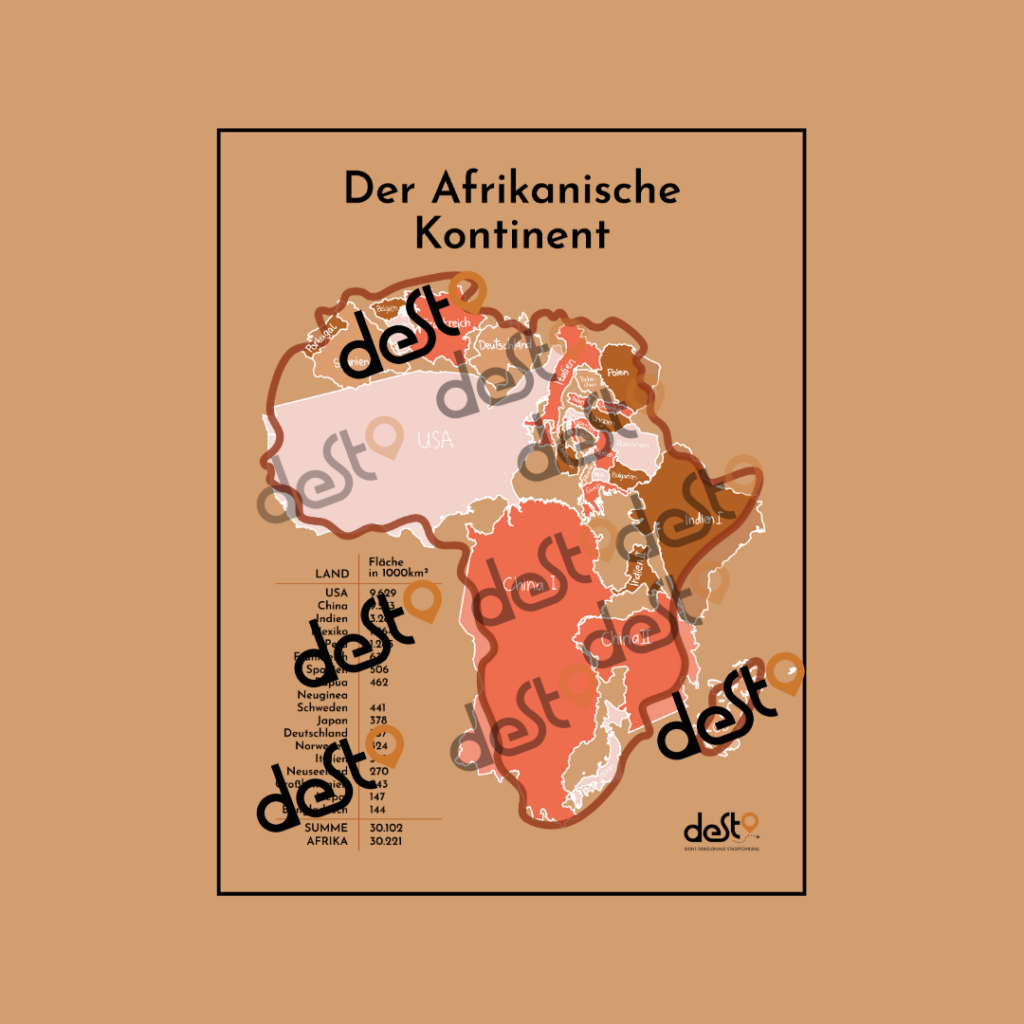Teaching and learning materials
Press articles, blog posts and book recommendations
Filter by category:
Documentaries
- dekolonialeStadtfuehrung
People on display at the zoo - The dark chapter of ethnographic exhibitions
Christian Karmebu
Carl Hagenbeck from Hamburg became one of the biggest animal and human traffickers in Europe. In this documentary, the descendants have their say and talk about the
Books in English
- Thil
Post-Traumatic Slave Syndrome
Dr. Joy DeGruy
This book is an analysis of the aftereffects and experiences of slavery within the United States. It examines the residual impacts of the slavery era and how the generations that followed have been affected. It also opens up discussions on how the Black community can use its resilience and strength to heal from past traumas.
Books in English
- Thil
They Were Her Property: White Women as Slave Owners in the American South
Stephanie E. Jones-Rogers
A groundbreaking book about the often overlooked role of white women in the American slave system. Stephanie E. Jones-Rogers shows how they actively participated in the slave market, profited economically and used brutal management strategies - a new look at power and responsibility in the history of slavery.
Audio guide tours in Berlin
Coming soon...









